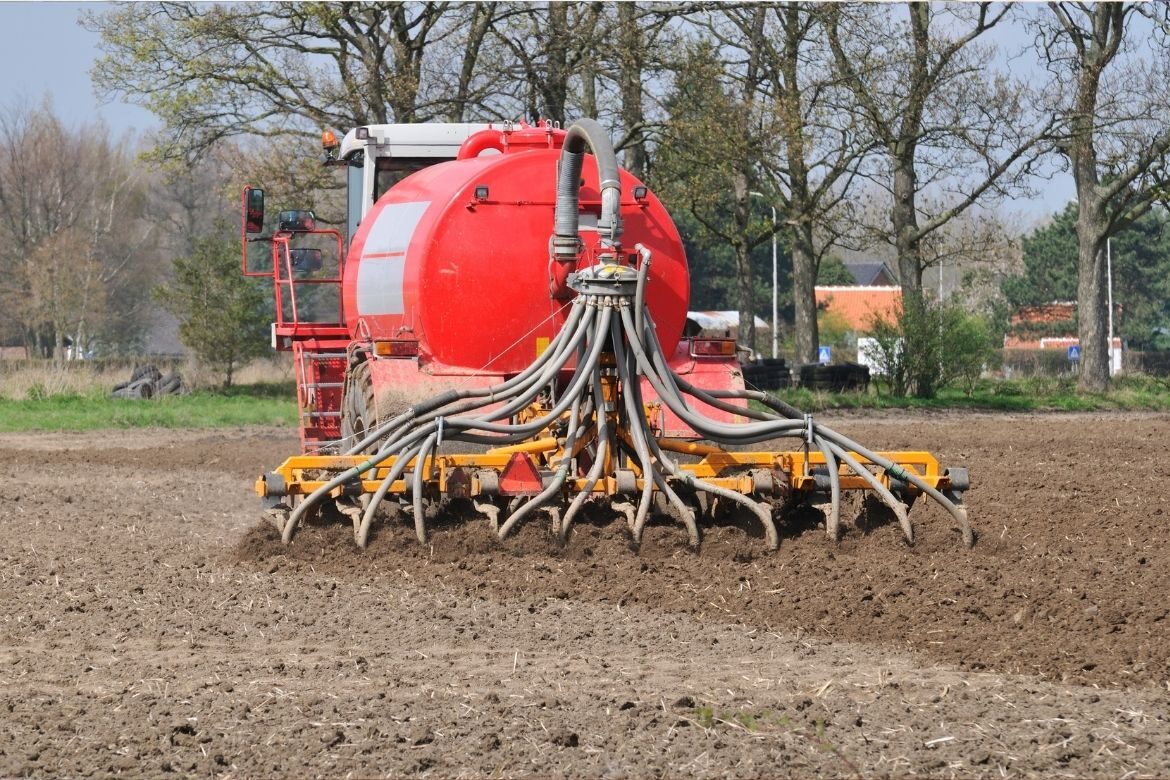Alternative fertilisers are a risk option for farmers wanting to offset the expense of artificial fertilisers. According to Glanbia, organic fertilisers such as untreated slurry or farmyard manure might be appealing but they can expose dairy farms to disease. Alternative fertilisers may include sewage, or other sludges or by-products from food waste companies. These may spread disease such as Salmonella, TB or Johne’s disease.
What’s more, poultry litter is a no-no for livestock farmers because of the botulism risk. Even a neighbouring tillage farmer using poultry litter could put cows and milk at risk through exposure to the botulism toxin. Rather keep animals far from storage for poultry litter. The latter must be buried deep in the soil – even wind-born bits of chicken carcasses and wild animals carrying debris can spread the disease.
Animal Health Ireland offers excellent advice on preventing issues and maintaining good biosecurity practices on the farm.
Glanbia also has a checklist on how to lessen the risk of disease from alternative fertilisers. These include using trailing shoe slurry spreaders, slurry spreading with farm-owned machinery, and consulting your vet on the risk of using imported waste or treating it to reduce the threat of disease.

